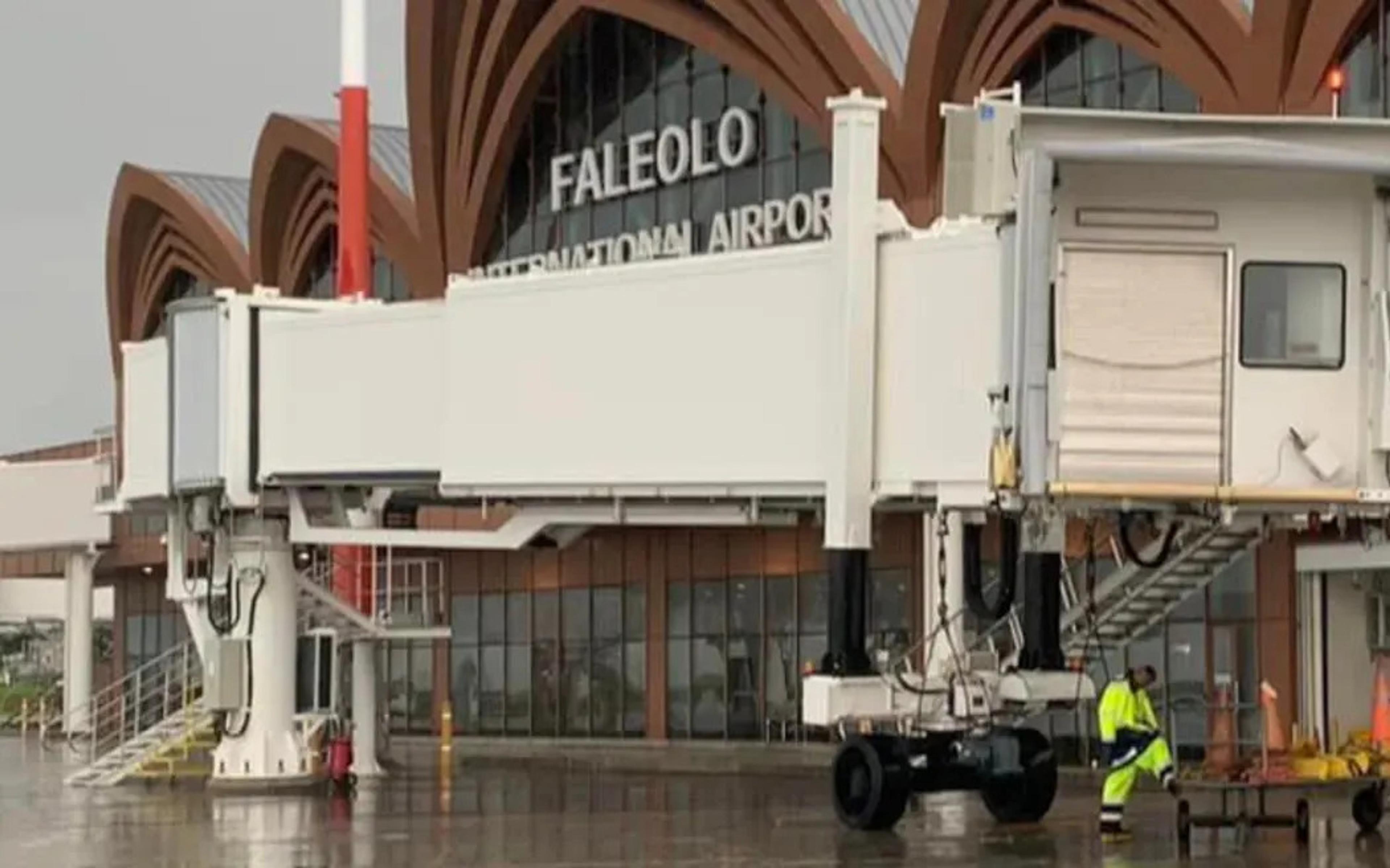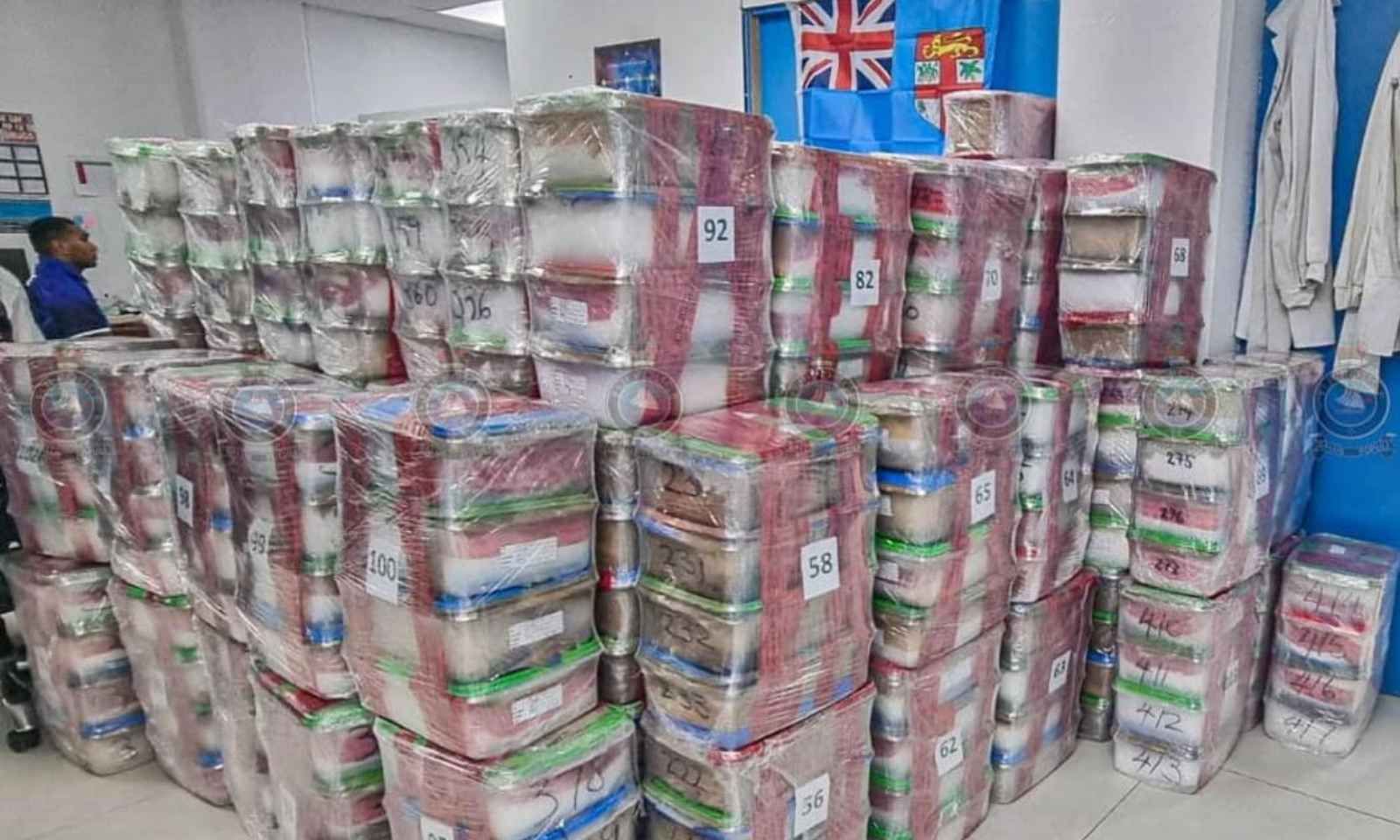

Drug use is on the rise in the Pacific.
Photo/ Supplied/ RNZ
Pacific meth usage could become epidemic if left unchecked - expert
University of South Pacific lecturer Dr Annie Crookes talks to PMN News about the effects increased meth usage is having in Fiji.



'I don't want to travel anymore': Sāmoa government urged to reconsider fee hike

From Kelston to Canterbury: Pasifika engineering student awarded scholarship

Sāmoa Prime Minister’s conspiracy case ruling postponed again


Moana Pasifika’s bench proved crucial despite their defeat to the Force

'I don't want to travel anymore': Sāmoa government urged to reconsider fee hike

From Kelston to Canterbury: Pasifika engineering student awarded scholarship

Sāmoa Prime Minister’s conspiracy case ruling postponed again
A leading academic in the Pacific says New Zealand needs to take a more proactive approach when it comes to drug trafficking in countries like Fiji.
University of South Pacific lecturer Dr Annie Crookes spoke with Pacific Mornings' William Terite about methamphetamine usage in Fiji and other countries in the Pacific.
In January 2024, a large meth bust in Nadi, Fiji found over 1.1 tonnes of meth, hidden in containers.
Crookes says to combat the spread of illicit drugs, it is necessary to strengthen border security and law enforcement, but it's also about looking at underlying factors.
“While we have a lot of support from the UN [United Nations], ODC [Australia’s Office of Drug Control], and other agencies in supporting better law enforcement and border security, we also need to be thinking very seriously and investing in treatment services, and prevention.”
Crookes says Australia and New Zealand should also be more proactive in combatting the drug trade in the Pacific, since they are often the final destination for traffickers.
“The Pacific is well located as part of that trafficking route through to Australia and New Zealand.
“Supporting the Pacific in its control measures will inevitably be a support for Australia and New Zealand in their own internal efforts.”

About 1.1 tonnes of methamphetamine was found concealed in containers in the Fijian town of Nadi, police said on 21 January, 2024. Photo: Supplied/ Fiji Police
With drug use on the rise, there’s also been an increase in crime rates, homelessness, and health issues like HIV, says Crookes.
“If we do nothing, we would see increasing levels of substance use for methamphetamine, ketamine is coming into the country a lot more, and then we have the other synthetic substances.
“We would see families falling apart and communities falling apart because we haven't addressed those underlying issues [and] we would see rising rates of crime and homelessness.
“In Fiji, we've been seeing a rapid rise, one of the most rapid rises in the Pacific, of HIV infections.”
Crookes says Fiji is also suffering due to a lack of drug education since it’s considered a “taboo” topic.
“Part of what's driving a young person to go immediately into injection drug use is that lack of ever really knowing what drugs are about and having never been talked about it.”
But all hope is not lost according to Crookes, adding that the next steps should be about encouraging users to seek rehabilitation.
“There is clearly a crisis happening, and this is something that we need to act urgently on. But if we compare it to perhaps some other centres around the world, we are not at epidemic levels yet.
“Stopping it is about thinking about trafficking and crime, but also thinking about those social issues and making sure that we are supporting people who use drugs and motivating young people to not need drugs as a coping solution. So it's all of those elements that will help us to stop it becoming an epidemic in the future.”